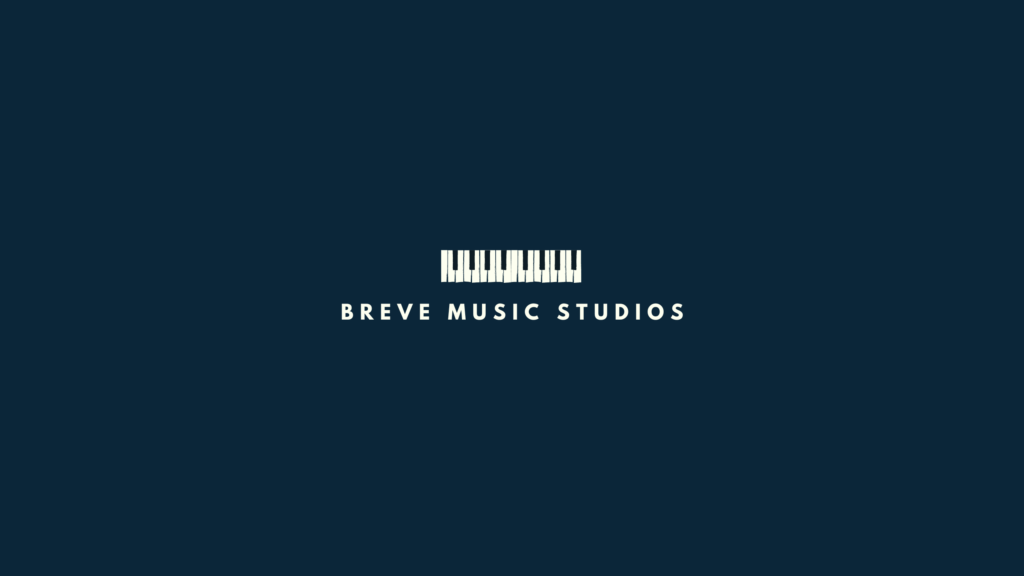Table of Contents
What’s The Difference Between Music Reports vs SoundExchange?
The music industry is a complex and ever-evolving landscape, with various organizations and platforms involved in the collection and distribution of royalties.
Two key players in this ecosystem are SoundExchange and Music Reports. Understanding the role and functionality of these entities is crucial for songwriters, artists, and other stakeholders in the music business.
What is SoundExchange and how does it work?
SoundExchange is a non-profit performance rights organization (PRO) that collects and distributes digital performance royalties on behalf of recording artists, sound recording copyright owners, and featured and non-featured performers. It ensures that creators and rights holders are compensated for the use of their music on digital platforms.
How does SoundExchange collect royalties?
SoundExchange collects royalties from various digital music services such as Apple Music, Spotify, Pandora, SiriusXM, and Amazon Music. These services are required to pay SoundExchange for the music they use and are responsible for reporting the usage data necessary for accurate royalty distribution.
What is the role of SoundExchange in the music industry?
SoundExchange plays a vital role in the music industry by ensuring that performers and copyright owners receive fair compensation for the digital use of their music. It acts as a centralized entity for the collection and distribution of digital performance royalties, simplifying the process for artists and rights holders.
How does SoundExchange benefit songwriters and artists?
For songwriters and artists, SoundExchange provides a valuable revenue stream by collecting and distributing royalties that would otherwise be challenging to track and collect individually. It allows creators to focus on their craft while receiving fair compensation for the use of their works.

What is Music Reports and how does it work?
Music Reports is a comprehensive platform that helps songwriters and publishers collect their music royalties from various sources such as music streaming and public performance. It works by allowing creators to register with SoundExchange and other performing rights organizations to ensure they are getting paid for their work. By partnering with CD Baby Pro and other service providers, Music Reports streamlines the process of royalty collection and music licensing.
One key difference between Music Reports and other platforms like Songtrust is that Music Reports focuses on global music rights and collaborating with global music publishers. Through their partnerships with organizations like ASCAP and BMI, Music Reports ensures that mechanical royalties and publishing royalties are properly collected and distributed to the appropriate parties.
Another important aspect of Music Reports is its mechanical licensing collective, which helps with securing mechanical licenses for the music played on streaming services. This ensures that both artists and labels receive their fair share of royalties for sound. By working with organizations like the Harry Fox Agency, Music Reports simplifies the process of royalty collection and ensures that music rights are protected.
How does Music Reports collect royalties?
Music Reports collects royalties through a comprehensive process that involves tracking and monitoring music usage across various platforms. The system works by identifying when and where a song has been played, whether on radio, television, streaming services, or live performances. Once the usage data is collected, Music Reports calculates the royalties owed to the rights holders, including songwriters, publishers, and record labels.
These royalties are then distributed accordingly to ensure that everyone involved in the creation and distribution of the music is compensated fairly.
What is the role of Music Reports in the music industry?
Music Reports plays a crucial role in the music industry by providing accurate and comprehensive data on music usage and royalty payments. They work with music publishers, record labels, and various other rights holders to track and collect royalties from various sources, including streaming services, radio stations, and live performances. Music Reports helps ensure that artists and rights holders are fairly compensated for the use of their music. They also help to streamline the licensing process and make it easier for businesses to obtain the necessary rights to use music in their projects.
How does Music Reports benefit songwriters and artists?
Music Reports benefits songwriters and artists by making it easier for them to collect royalties from their music publishing. With the rise of digital streaming services like Apple Music, Spotify, and YouTube Music, it can be difficult for songwriters and music publishers to keep track of where their music is played and how to pay royalties accordingly. This is where Music Reports comes in. They help collect mechanical royalties from digital service providers and broadcast music like non-interactive digital and interactive streaming platforms.
Direct Comparison of Music Reports vs SoundExchange Royalties
Basically, Music Reports collects royalties for music compositions globally, whereas SoundExchange collects royalties for sound recordings in the US (on its own) and globally (through its’ international partnerships with other companies).
Conclusion
Breve Music Studios publishes music to Spotify, YouTube Music, Amazon Music and more. Follow our pages on Facebook, Instagram, Twitter, TikTok, and YouTube.
Listen to our ensembles: Breve Orchestra, Breve Music Ensemble, Breve Low Brass Ensemble, Breve Woodwind Ensemble, and Jermaine Harris on Spotify.
